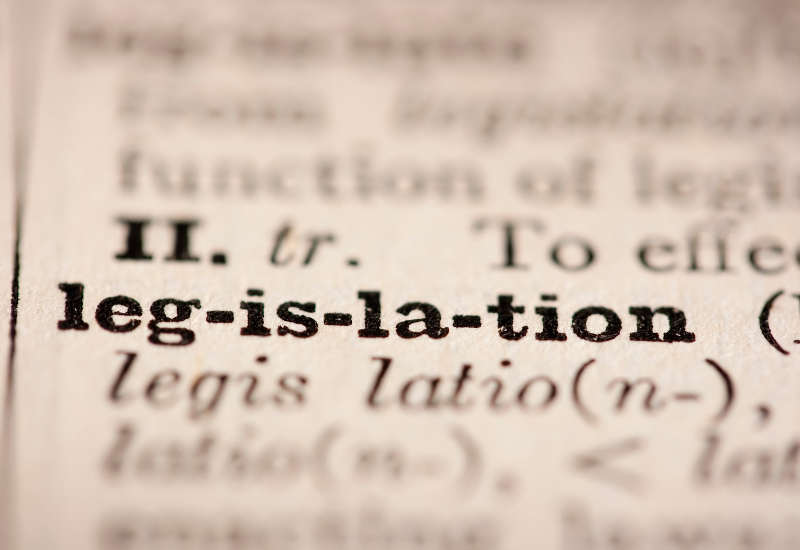- 15 May 2023
- •
- 2 min read
Charities Act 2022 – Autumn 2022 provisions

Whilst we are eagerly awaiting details of the implementation date for the Spring 2023 provisions of the Charities Act 2022 (which we expect to be any day now), we look back at some of the key provisions that came into force on 31 October 2022.
Paying trustees for providing services or goods to the charity (section 30)
A new statutory power was introduced enabling trustees to be paid for providing goods only; services only; or services and associated goods.
This expands section 185 of the Charities Act 2011 (which many charity constitutions may refer to) to include a power to pay trustees for providing goods only as well as services or services and goods. If using this statutory power trustees need to ensure that the Conditions A to D of section 185 are met, which includes that the charity’s constitution must not contain an express prohibition on the proposed remuneration.
Failed fundraising appeals (section 7)
Simplified requirements have been introduced for a charity to use funds where a fundraising appeal has failed to raise the funds needed to deliver its purposes; where the donations cannot be used for the intended purpose; or where it raises surplus funds over and above what is required for the intended aim.
Power to amend Royal Charters (section 4)
Section 280C has been added to the Charities Act 2011 introducing a statutory power for charities established by Royal Charter to amend their Charter with approval from the Privy Council. Whist many Royal Chartered charities may already have a power of amendment within their Charter, this statutory power will be of particular use to those whose constitutions are silent on amendments.
Trust corporation status (section 32)
Trust corporation status is now automatically conferred on any corporate charity that is a trustee of another charity. This will be useful for many corporate charity trustees and save the time and administration of having to apply for trust corporation status. However, note this does not include non-charitable corporate trustees. If a non-charitable corporate trustee requires trust corporation status (which would often be required where there is a sole trustee), they will still need to apply for trust corporation status.
The Commission’s scheme-making powers were also updated to enable the Commission to make schemes for charitable companies.
If you have any queries on how the changes introduced by the Charities Act 2022 may impact your charity or have any charity law queries generally, please do get in contact with Kirsteen Hook at [email protected].














